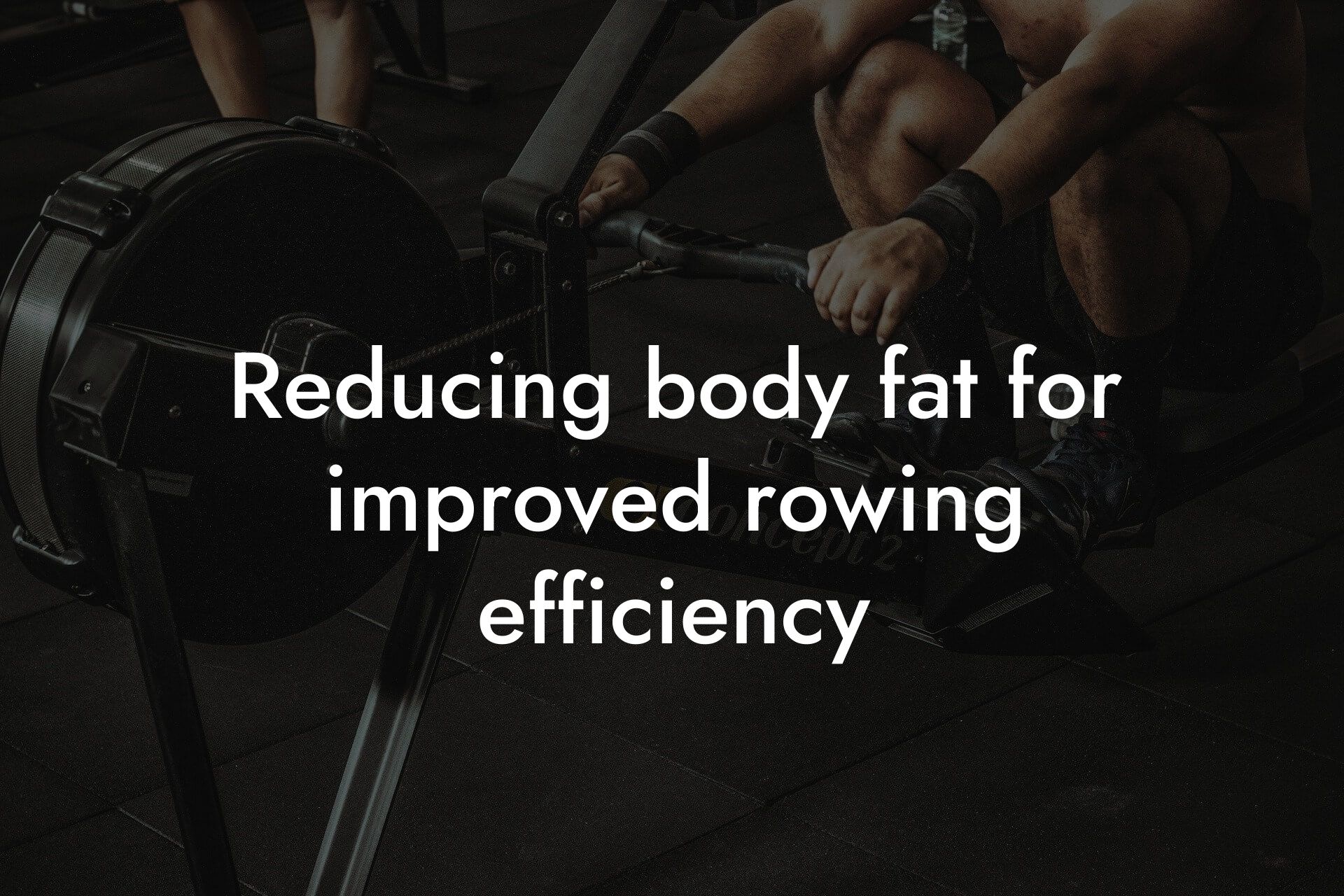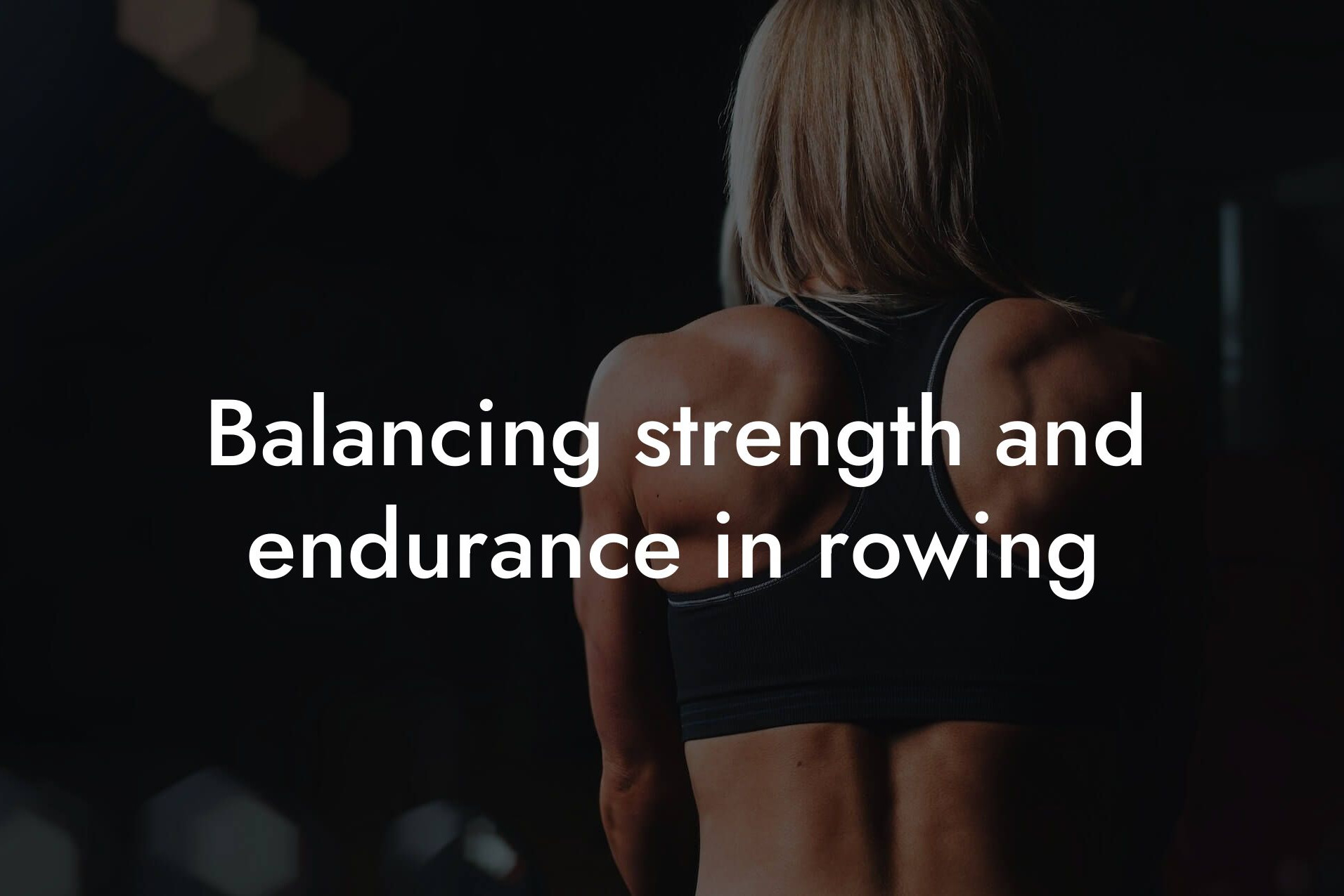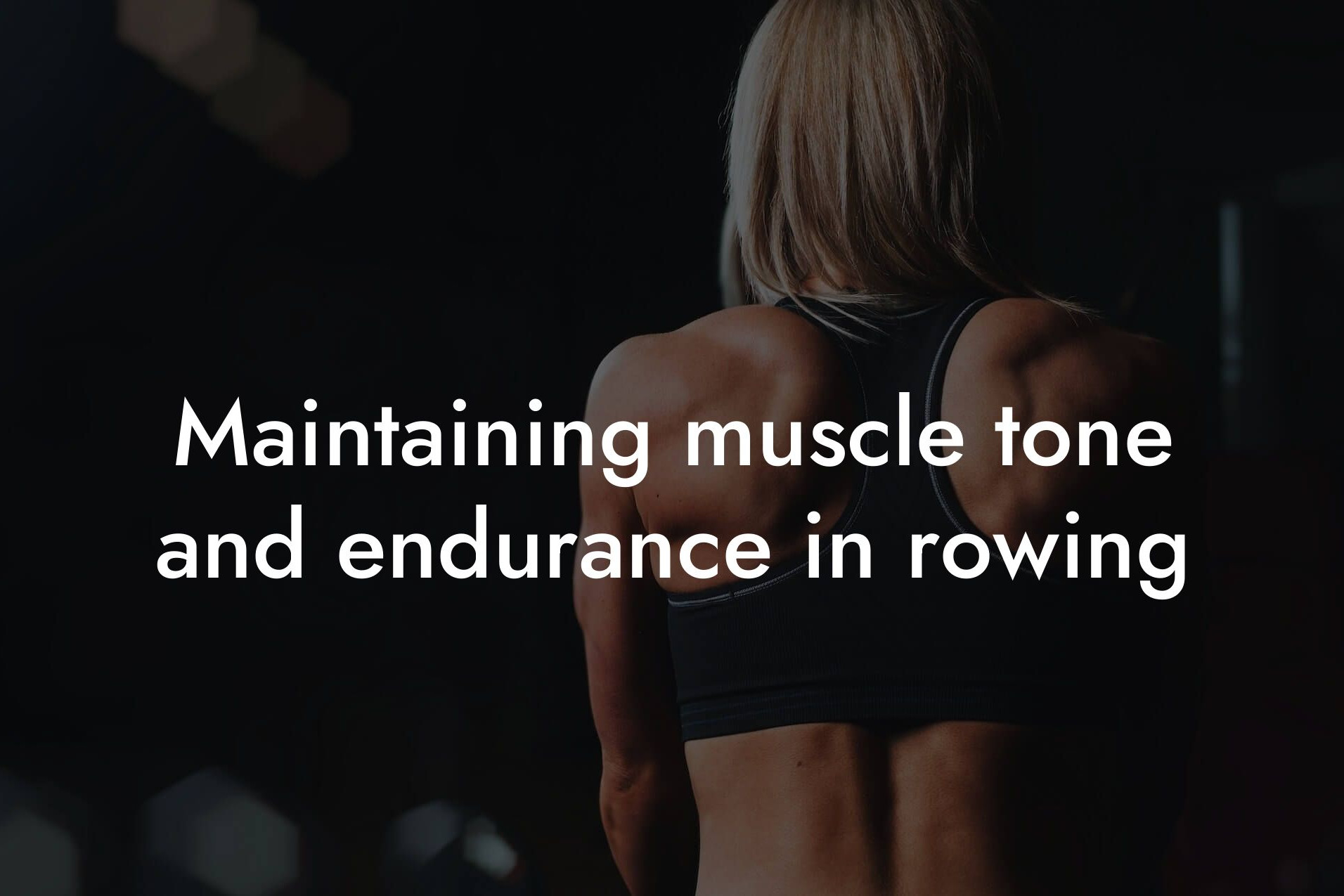As a high-earning professional, you understand the importance of maintaining a healthy and strong physique to excel in your career. Rowing, in particular, is a physically demanding sport that requires a combination of strength, endurance, and technique. One crucial aspect of rowing performance that is often overlooked is bone density. In this article, we will delve into the significance of bone density in rowing and how it can impact your performance on the water.
Table of Contents
What is Bone Density?
Bone density, also known as bone mass, refers to the measure of the amount of minerals, such as calcium and phosphorus, present in your bones. It is an indicator of bone strength and density, which is essential for maintaining overall health and preventing injuries. Bone density is typically measured using a Dual-Energy X-ray Absorptiometry (DEXA) scan, which provides a detailed assessment of bone mineral density (BMD).
Why is Bone Density Important for Rowers?
Rowing is a high-impact sport that involves repetitive movements, which can put significant stress on your bones, particularly in the spine, hips, and legs. Low bone density can increase the risk of fractures, osteoporosis, and other bone-related injuries, which can be detrimental to your rowing performance and overall health. Moreover, rowers with low bone density may experience reduced power, speed, and endurance, making it challenging to compete at a high level.
The Impact of Rowing on Bone Density
Rowing, as a sport, can have both positive and negative effects on bone density. On the one hand, the repetitive loading and stress on the bones can stimulate bone growth and increase density, particularly in the early stages of rowing. However, prolonged periods of intense training can lead to bone resorption, where the body breaks down bone tissue to release minerals, resulting in decreased bone density.
Risk Factors for Low Bone Density in Rowers
Several factors can contribute to low bone density in rowers, including:
- Genetics: Family history and genetic predisposition can play a role in bone density.
- Nutrition: Inadequate calcium and vitamin D intake can impair bone health.
- Hormonal Imbalance: Hormonal changes, such as those experienced during menopause or andropause, can affect bone density.
- Age: Bone density naturally decreases with age, particularly after the age of 30.
- Training Volume and Intensity: Excessive training can lead to bone resorption and decreased density.
- Previous Injuries: Fractures, stress fractures, or other bone-related injuries can increase the risk of low bone density.
How to Improve Bone Density for Rowing Performance
To improve bone density and optimize rowing performance, consider the following strategies:
- Nutrition: Ensure adequate calcium and vitamin D intake through a balanced diet and supplements if necessary.
- Resistance Training: Incorporate resistance exercises, such as weightlifting, to stimulate bone growth and increase density.
- Proper Technique: Focus on proper rowing technique to reduce the risk of injury and excessive stress on the bones.
- Periodized Training: Implement periodized training to avoid excessive training volume and intensity.
- Rest and Recovery: Prioritize rest and recovery to allow your bones to adapt and rebuild.
- DEXA Scanning: Regular DEXA scans can help monitor bone density and identify areas for improvement.
In conclusion, bone density plays a critical role in rowing performance, and maintaining optimal bone health is essential for success in the sport. By understanding the importance of bone density, identifying risk factors, and implementing strategies to improve bone density, rowers can optimize their performance, reduce the risk of injury, and maintain overall health.
At Tano Performance Group, we understand the importance of bone density in rowing and offer comprehensive DEXA scans as part of our body assessment services. Our team of experts can provide personalized guidance and support to help you optimize your bone health and take your rowing performance to the next level.
Take the First Step Towards Optimal Bone Health
Contact us today to schedule a DEXA scan and take the first step towards optimal bone health and improved rowing performance.
Frequently Asked Questions
What is bone density and why is it important for rowers?
Bone density refers to the measure of how dense and strong your bones are. It's essential for rowers because it directly impacts their performance and injury risk. Stronger bones can withstand the repetitive strain and impact of rowing, reducing the likelihood of fractures and osteoporosis.
How does rowing affect bone density?
Rowing is a low-impact sport, but it still puts significant stress on the bones, particularly in the spine, hips, and legs. Regular rowing can help improve bone density in these areas, especially in younger athletes. However, inadequate training, poor nutrition, and inadequate recovery can lead to decreased bone density.
What are the risks of low bone density for rowers?
Low bone density increases the risk of fractures, osteoporosis, and osteopenia. This can lead to chronic pain, reduced performance, and even forced retirement from the sport. Additionally, low bone density can also increase the risk of injuries, such as stress fractures, which can be debilitating and require extended recovery periods.
How can rowers improve their bone density?
Rowers can improve their bone density through a combination of proper nutrition, regular exercise, and adequate recovery. A diet rich in calcium and vitamin D, along with strength training exercises that target the core, legs, and hips, can help improve bone density. Additionally, incorporating high-impact activities, such as running or jumping, into cross-training can also be beneficial.
What role does nutrition play in bone density for rowers?
Nutrition plays a critical role in bone density for rowers. A diet rich in calcium, vitamin D, and protein can help support bone health. Rowers should aim to consume 1,000-1,200 mg of calcium and 600-800 IU of vitamin D per day. Additionally, adequate protein intake is essential for muscle growth and repair, which can also support bone health.
How does age affect bone density in rowers?
Age is a significant factor in bone density, with peak bone density typically reached in the mid-20s to early 30s. After this, bone density naturally declines. Rowers who start training at a younger age tend to have higher peak bone density, which can reduce their risk of osteoporosis and fractures later in life.
Can rowers with low bone density still compete at a high level?
While low bone density can increase the risk of injury and reduce performance, it's not necessarily a barrier to competing at a high level. Rowers with low bone density can still achieve success with careful training, nutrition, and recovery strategies. However, it's essential to work with a coach, trainer, or healthcare professional to develop a personalized plan that addresses their specific needs.
How often should rowers get their bone density tested?
Rowers should consider getting their bone density tested annually, especially if they're over 30 or have a history of fractures or osteoporosis. Regular testing can help identify any potential issues early, allowing for prompt intervention and prevention of further bone loss.
What is the relationship between body composition and bone density in rowers?
Body composition, including body fat percentage and lean mass, plays a significant role in bone density. Rowers with a higher percentage of lean mass tend to have higher bone density, while those with higher body fat percentages tend to have lower bone density. Maintaining a healthy body composition through a balanced diet and regular exercise can support bone health.
How does rowing technique affect bone density?
Proper rowing technique is essential for reducing the risk of injury and promoting bone health. A technique that emphasizes proper posture, engagement of the core and legs, and efficient movement can help reduce the stress on the bones and promote bone density. Conversely, poor technique can increase the risk of injury and bone loss.
Can rowing machines or ergometers help improve bone density?
Rowing machines or ergometers can be beneficial for improving bone density, especially for those who are new to rowing or have limited access to on-water training. However, it's essential to incorporate strength training and high-impact activities into your training program to maximize bone density gains.
How does stress and anxiety affect bone density in rowers?
Chronic stress and anxiety can negatively impact bone density by increasing the production of cortisol, a hormone that can break down bone tissue. Rowers should prioritize stress-reducing techniques, such as meditation, yoga, or deep breathing exercises, to help manage stress and support bone health.
Can rowers with osteoporosis or osteopenia still participate in the sport?
While osteoporosis or osteopenia can increase the risk of injury, it's not necessarily a barrier to participating in rowing. Rowers with these conditions should work with their healthcare provider and coach to develop a modified training program that takes into account their specific needs and limitations.
How does sleep and recovery affect bone density in rowers?
Sleep and recovery are critical for bone health, as they allow the body to repair and rebuild bone tissue. Rowers should prioritize adequate sleep (7-9 hours per night) and incorporate recovery techniques, such as stretching, foam rolling, and massage, into their training program.
Can rowers use supplements to improve bone density?
Certain supplements, such as calcium and vitamin D, can be beneficial for bone health. However, it's essential to consult with a healthcare provider or registered dietitian before adding any supplements to your training program, as they may interact with medications or have adverse effects.
How does rowing intensity and volume affect bone density?
High-intensity and high-volume rowing can increase the risk of bone loss and injury. Rowers should incorporate periodized training, with regular rest and recovery periods, to allow their bones to adapt and rebuild.
Can rowers with a history of fractures or osteoporosis still achieve success in the sport?
Absolutely. With careful training, nutrition, and recovery strategies, rowers with a history of fractures or osteoporosis can still achieve success in the sport. It's essential to work with a coach, trainer, or healthcare professional to develop a personalized plan that addresses their specific needs and limitations.
How does bone density affect rowing performance?
Bone density directly impacts rowing performance, as stronger bones can withstand the repetitive strain and impact of rowing. Rowers with higher bone density tend to have faster times, more efficient technique, and reduced risk of injury.
Can rowers improve their bone density through strength training?
Yes, strength training can be an effective way to improve bone density in rowers. Exercises that target the core, legs, and hips, such as squats, lunges, and deadlifts, can help improve bone density and reduce the risk of injury.
How does rowing experience affect bone density?
Rowing experience can impact bone density, with more experienced rowers tend to have higher bone density due to their prolonged exposure to the sport. However, this can also increase the risk of overuse injuries and bone loss if proper training and recovery strategies are not employed.
Can rowers use technology, such as wearable devices, to track their bone density?
While wearable devices can track certain health metrics, such as heart rate and activity levels, they are not currently capable of tracking bone density. Rowers should rely on regular bone density testing, such as DEXA scans, to monitor their bone health.
How does bone density affect rowing longevity?
Bone density plays a critical role in rowing longevity, as stronger bones can withstand the repetitive strain and impact of rowing over a longer period. Rowers who prioritize bone health tend to have longer, healthier careers in the sport.
Can rowers with low bone density still achieve their performance goals?
While low bone density can increase the risk of injury and reduce performance, it's not necessarily a barrier to achieving performance goals. Rowers with low bone density should work with their coach, trainer, or healthcare professional to develop a personalized plan that addresses their specific needs and limitations.
Here are some related articles you might love...
- Reducing body fat for improved rowing efficiency
- Balancing strength and endurance in rowing
- Maintaining muscle tone and endurance in rowing
- Recovery techniques for rowers after intense sessions
- How body composition impacts rowing performance
- The role of rowing in cardiovascular health
- Strength training tips to complement your rowing routine
- Using DEXA scans to monitor progress in rowing
- Nutrition strategies for sustained energy during rowing workouts
Zak Faulkner
Zak Faulkner is a leading authority in the realm of physical health and body composition analysis, with over 15 years of experience helping professionals optimise their fitness and well-being. As one the experts behind Tano Performance Group, Zak has dedicated his career to providing in-depth, science-backed insights that empower clients to elevate their physical performance and overall health.
With extensive knowledge of DEXA technology, Zak specializes in delivering comprehensive body assessments that offer precise data on body fat, muscle mass, bone density, and overall physique. His expertise enables individuals to make informed decisions and achieve their fitness goals with accuracy and confidence. Zak’s approach is rooted in a deep understanding of human physiology, combined with a passion for helping clients unlock their full potential through personalised strategies.
Over the years, Zak has earned a reputation for his commitment to excellence, precision, and client-focused service. His guidance is trusted by top professionals who demand the best when it comes to their health. Whether advising on fitness programs, nutritional strategies, or long-term wellness plans, Zak Faulkner’s insights are a valuable resource for anyone serious about taking their health and fitness to the next level.
At Tano Performance Group, Zak continues to lead our Content Team revolutionising how professionals approach their physical health, offering unparalleled expertise that drives real results.




